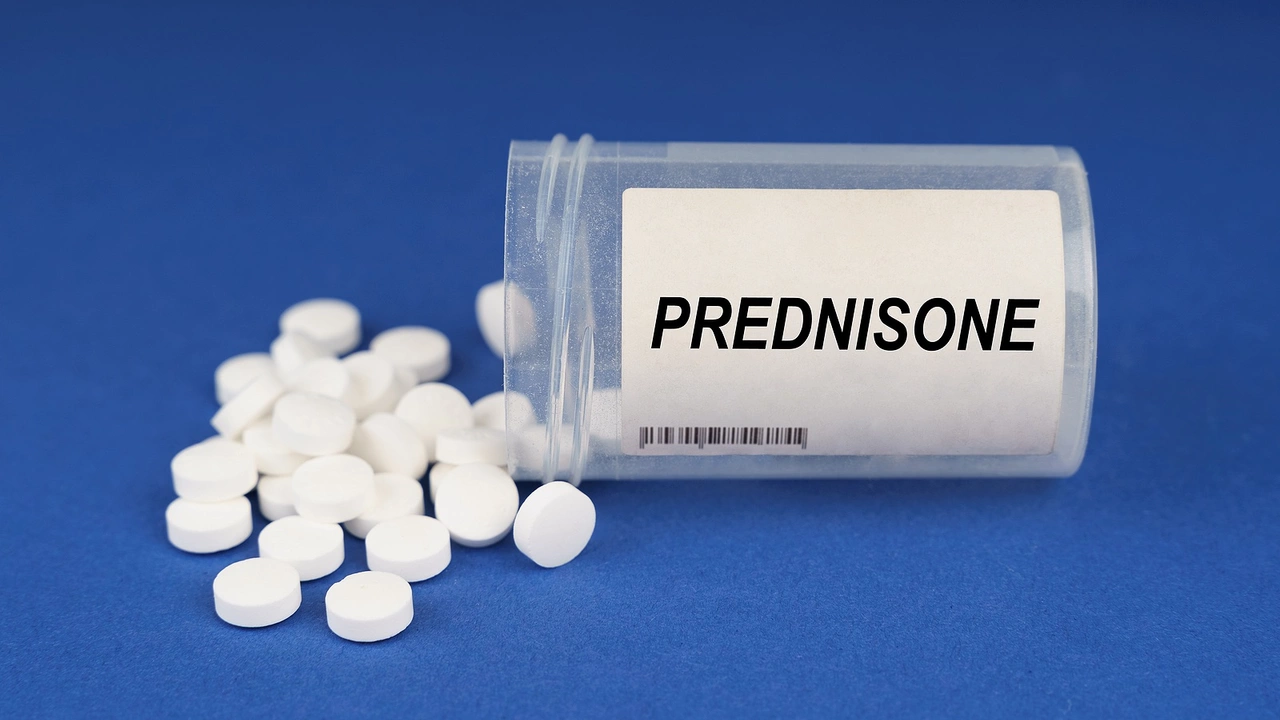Dry Mouth: Why It Happens and How to Find Fast Relief
If you’ve ever felt a sticky tongue or cracked lips, you know how annoying dry mouth can be. It’s not just uncomfortable – it can affect taste, speech, and even your teeth. The good news? Most of the time you can fix it at home without a prescription.
Common Triggers
First, figure out what’s drying you out. Lots of people blame one thing when they start using a new medication – antihistamines, antidepressants, or blood pressure pills are big culprits. Dehydration from not drinking enough water, especially after exercise or in hot weather, also tops the list. Health conditions like diabetes, Sjögren’s syndrome, or an overactive thyroid can lower saliva flow too.
Other everyday habits matter. Smoking, chewing tobacco, and even breathing through your mouth while you sleep will sap moisture fast. And don’t forget caffeine or alcohol – they’re diuretics that make you lose fluids quicker than you think.
Effective Relief Options
Start simple: sip water throughout the day. Keep a reusable bottle handy and take a few sips every hour, not just when you feel thirsty. Sugar‑free gum or lozenges stimulate saliva production without adding sugar that could harm your teeth.
If the room feels dry, run a humidifier at night. A little extra moisture in the air can keep your throat from feeling raw by morning. Avoid mouthwashes with alcohol; they strip away the thin layer of protection you have left.
For stronger relief, over‑the‑counter artificial saliva sprays or gels work well. Look for products that list “xylitol” – it helps protect enamel while keeping your mouth moist. A gentle fluoride rinse can also reduce the risk of cavities when your saliva is low.
When you’re eating, choose soft foods that need less chewing and swallow more often. Soups, yogurts, and smoothies give you fluid plus nutrition without making you work harder to produce saliva.
If home tricks don’t help after a week or two, it’s time to talk to a dentist or doctor. They can check for underlying issues, adjust medications if needed, or prescribe prescription‑strength saliva substitutes.
Finally, tweak your lifestyle: cut back on caffeine and alcohol, quit smoking, and practice good oral hygiene. Brushing twice daily with a fluoride toothpaste and flossing keeps bacteria down, which is especially important when dry mouth reduces the natural cleaning power of saliva.
In short, dry mouth isn’t something you have to live with. Identify triggers, stay hydrated, use sugar‑free stimulants, and consider OTC saliva aids. If symptoms linger, get professional advice – your smile will thank you.


